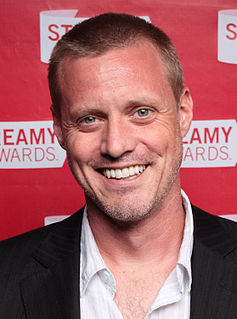A Quote by John Battelle
Given the trendlines of digital publishing, where more and more large platforms are profiting from, and controlling, the works of individuals, I can't stress enough: Put your taproot in the independent web. Use the platforms for free distribution (they're using you for free content, after all). And make sure you link back to your own domain.
Related Quotes
'Dependent web' platforms such as Twitter, Facebook, Google and Yahoo are where people go to discover and share new content. Independent sites are the millions of blogs, community and service sites where passionate individuals 'hang out' with like-minded folks. This is where shared content is often created.
Are we that self-centered to believe no one in the world is aware of racism right now? That, as athletes, we solve the real issues by using our platforms to speak? We don't need to say more. We need to find a way to achieve more. Protesting during an anthem, wearing T-shirts is great, but we need to see real actions being put in to the works.
One reason you should not use web applications to do your computing is that you lose control. It's just as bad as using a proprietary program. Do your own computing on your own computer with your copy of a freedom-respecting program. If you use a proprietary program or somebody else's web server, you're defenceless.
































